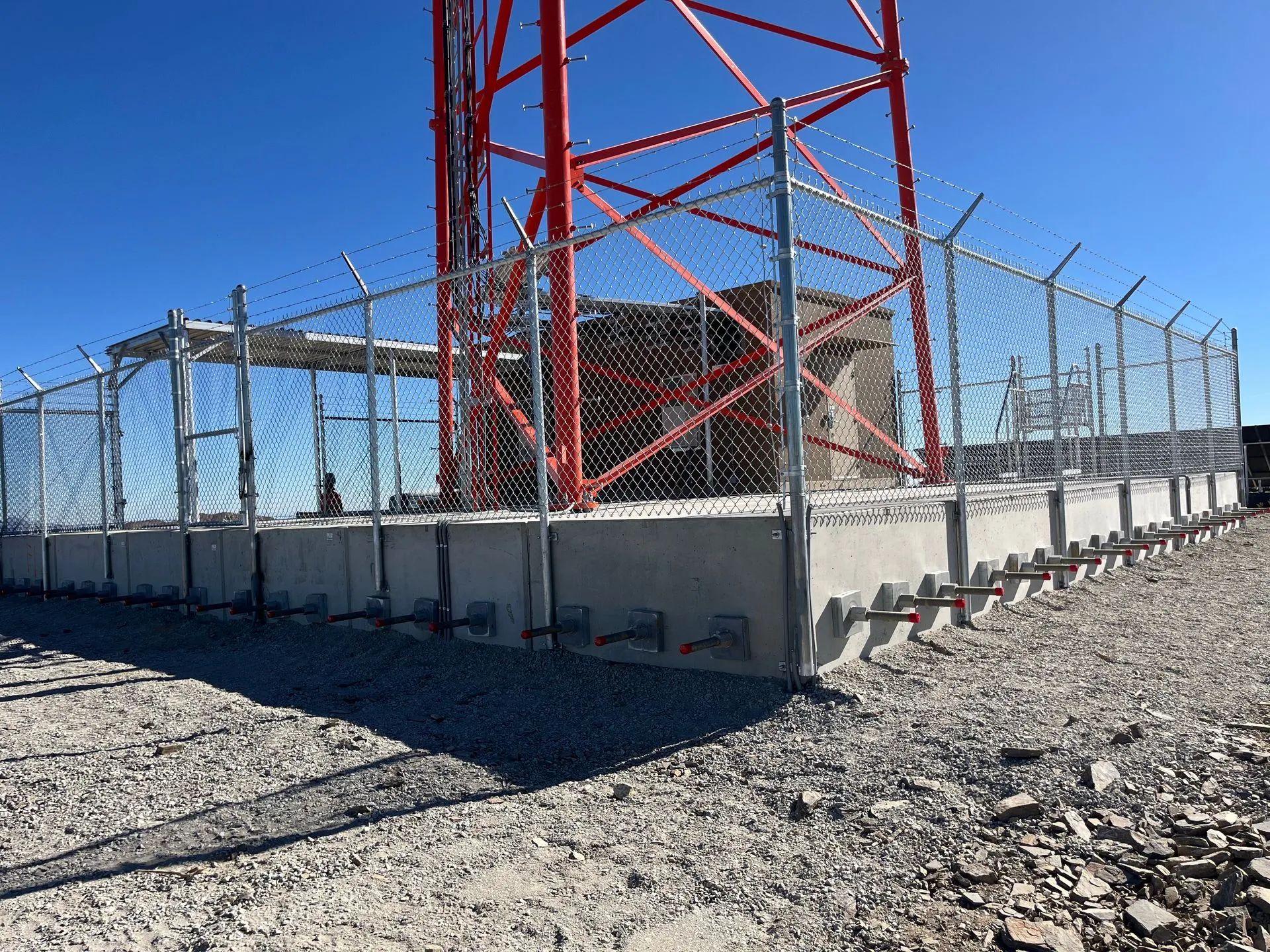
Exploring Eco-Friendly Fencing Options for Your Home Nov 08, 2025
To begin with, bamboo fencing stands out as a top contender in the realm of eco-friendly materials. Bamboo is a rapidly renewable resource, capable of growing up to three feet in a single day, making it an excellent alternative to traditional wood. Its natural beauty and strength make it an ideal choice for homeowners looking to reduce their carbon footprint while maintaining a stylish appearance.
Another sustainable option is recycled composite fencing. Made from a blend of recycled wood fibers and plastic, this type of fencing provides a durable and low-maintenance alternative to traditional wood. Recycled composite not only reuses materials that would otherwise contribute to landfill waste but also bears a striking resemblance to natural wood, offering an appealing aesthetic without the environmental impact.
For those interested in metal, aluminum fencing provides a recyclable and lightweight option. Aluminum is resistant to rust and corrosion, ensuring a long-lasting fence that requires minimal upkeep. Additionally, most aluminum fences are manufactured from recycled materials and can be recycled again at the end of their lifecycle, making it a sustainable and pragmatic choice for eco-conscious homeowners.
Living fences, also known as green or natural fences, offer a uniquely organic option for environmentally-aware individuals. These fences are composed of hedges or trees that are trained to grow into a fence-like structure. Not only do they provide a natural look, but they also contribute to biodiversity and create a habitat for wildlife. However, it is essential to note that living fences require time to establish and ongoing maintenance to keep them thriving.
When deliberating on which eco-friendly fence is right for your home, consider the impact each material has on the environment, longevity, and the level of maintenance you are willing to undertake. It's also crucial to check for local regulations that may affect the type of fence you can install on your property.
Aside from simply choosing the right material, there are other steps you can take to ensure your fence is as eco-friendly as possible. Opt for suppliers who source their materials responsibly and look for certifications that guarantee environmental sustainability. Furthermore, you can extend the life of your fence by applying non-toxic sealants and treatments, which protect against weathering without harming the environment.
At Ellis Fence CO, we prioritize both quality and sustainability, ensuring our customers receive the best products while remaining mindful of environmental concerns. By choosing an eco-friendly fence, you're not only investing in the future of your home but also taking a significant step towards preserving our planet.
In conclusion, exploring eco-friendly fencing options is a valuable endeavor for any environmentally-conscious homeowner. Whether you opt for the rapid renewability of bamboo, the recycled advantages of composite, the recyclability of aluminum, or the organic growth of living fences, each choice represents a commitment to sustainable living. As your trusted partner, Ellis Fence CO is here to assist you in selecting the best eco-friendly fence that aligns with your values and needs.
/filters:no_upscale()/filters:format(webp)/media/4cbf4b14-53c1-428d-b0a1-8061a622bda7.jpeg)